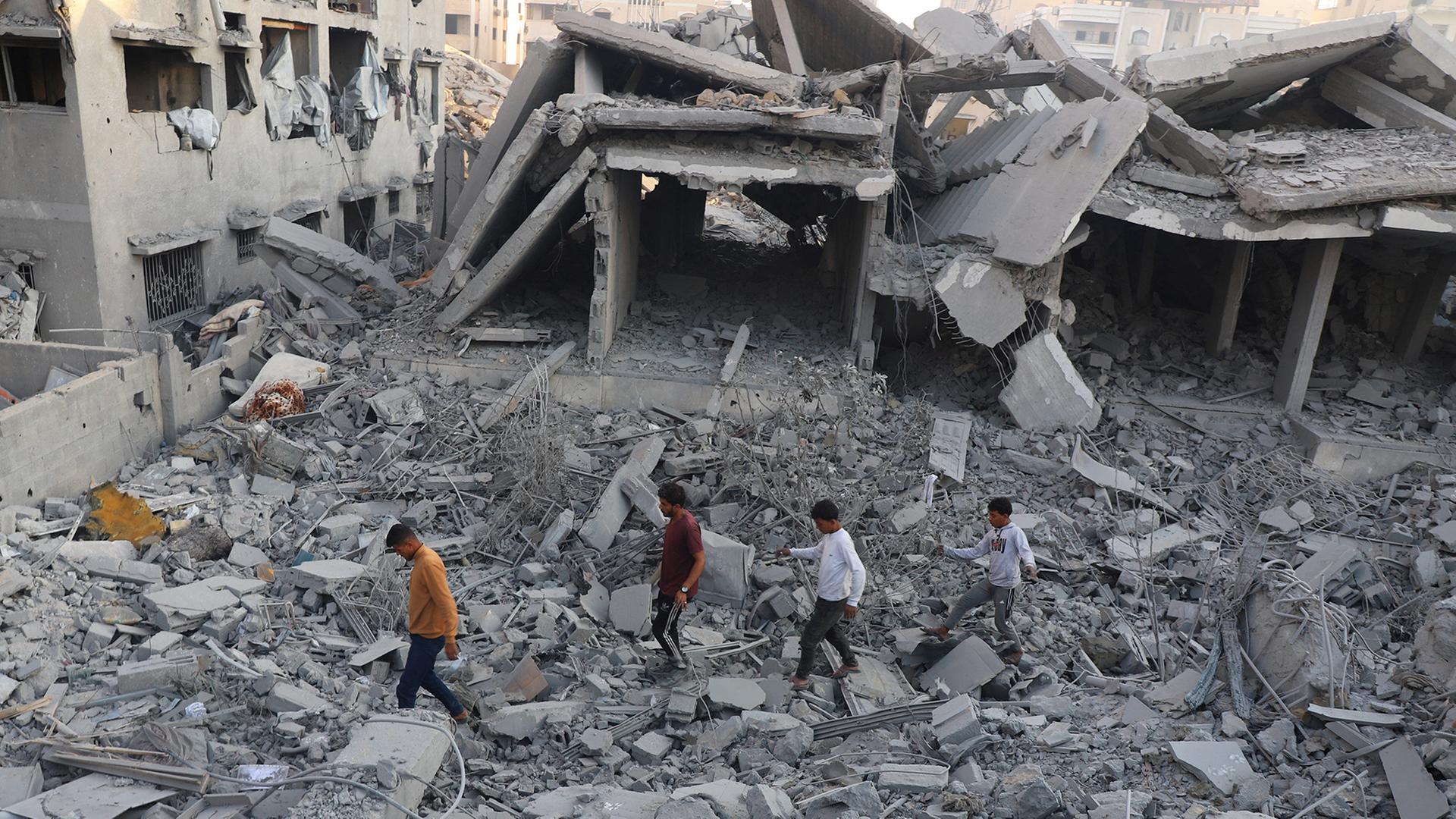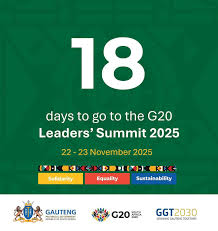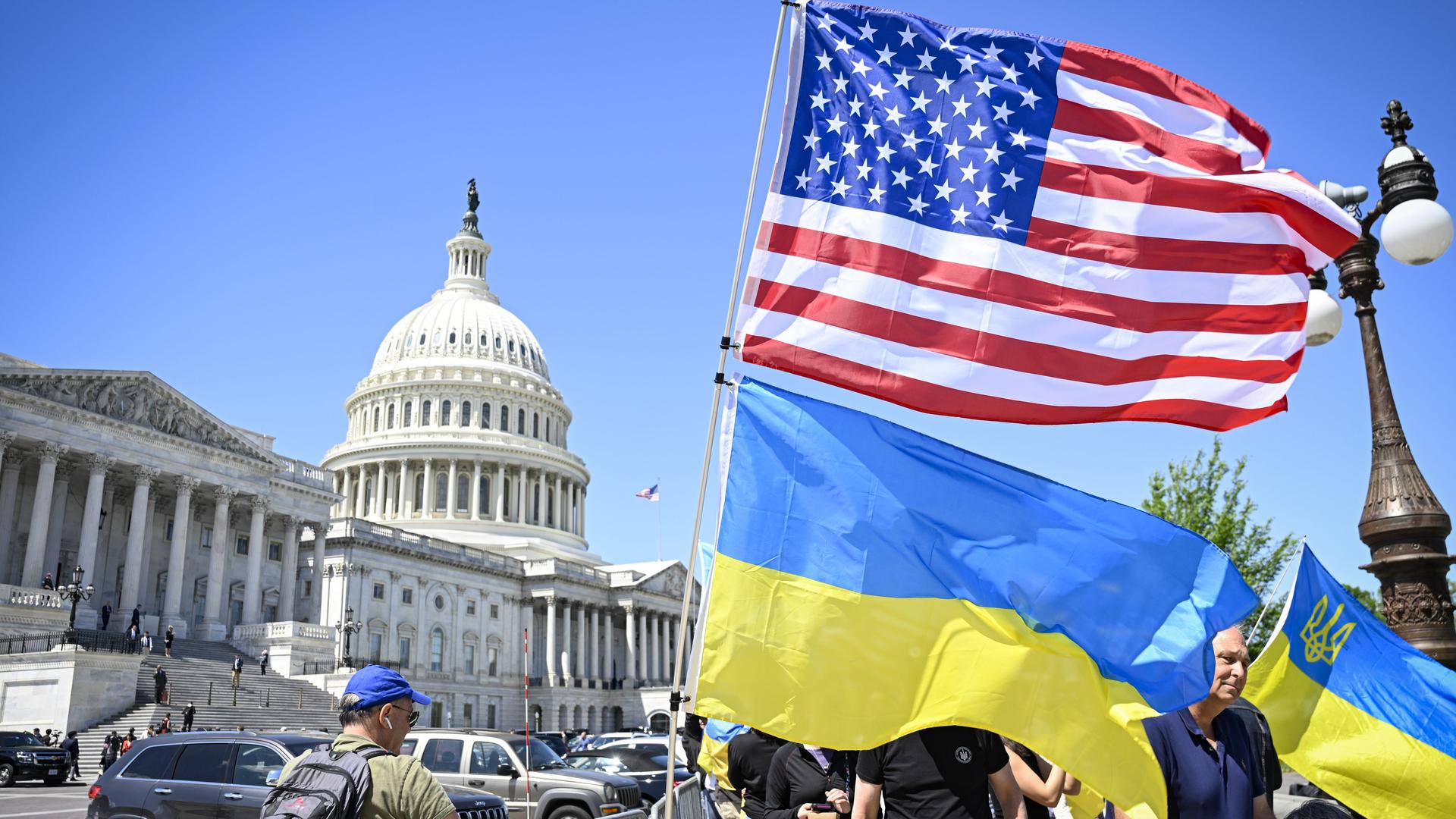Introduction
The Gaza Strip has long been a focal point of conflict in the Middle East, characterized by ongoing clashes between Israel and Palestinian groups, particularly Hamas. The significance of this conflict has surged recently due to escalated violence, humanitarian crises, and international diplomatic efforts. Understanding the dynamics at play in Gaza is crucial as it affects not only regional stability but also global politics.
Current Situation in Gaza
As of October 2023, the situation in Gaza remains precarious. Recent hostilities have resulted in significant civilian casualties and extensive damage to infrastructure. According to the Palestinian Ministry of Health, over 3,500 people have been killed since clashes intensified in late September. The Israeli government has responded to attacks with airstrikes aimed at military targets in Gaza, emphasizing its commitment to national security.
The humanitarian situation in Gaza is dire, with the United Nations reporting that over 2 million people are in urgent need of assistance. Basic services such as healthcare and electricity are severely impacted, leading to calls for immediate international aid. Various NGOs and humanitarian organizations are mobilizing efforts to provide food, medical supplies, and shelter for those displaced by the violence.
International Responses
The international community has expressed alarm at the escalating violence. The United Nations Security Council convened emergency meetings to address the crisis, urging both parties to adhere to ceasefire agreements and prioritizing civilian safety. Countries such as Egypt and Qatar have attempted to mediate discussions, promoting peace talks between Israeli and Palestinian leaders. However, a comprehensive resolution remains elusive, with deep-rooted issues such as territorial disputes and the right of return for Palestinian refugees still unresolved.
Conclusion
The situation in Gaza remains a critical concern for global stakeholders. The ongoing conflict has implications that reach far beyond the region, influencing international relations, humanitarian policies, and global security. As tensions persist, forecasts indicate that without significant diplomatic initiatives and sustained humanitarian aid, the plight of Gazans is likely to worsen. Observers are calling for renewed commitment from the international community to facilitate dialogue and support for peace-building efforts. Only through collaborative approaches can there be hope for lasting resolution to the Gaza conflict.


